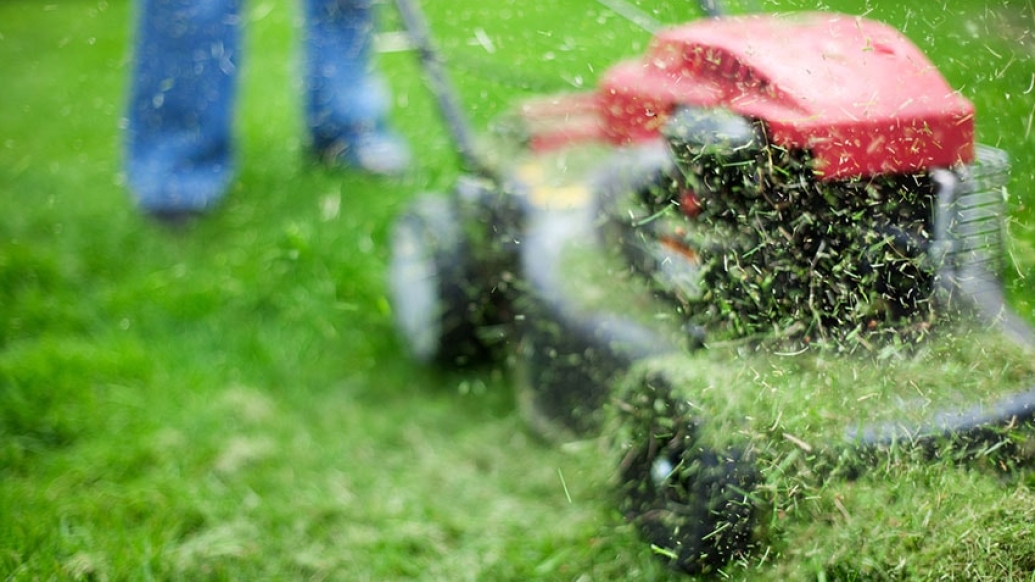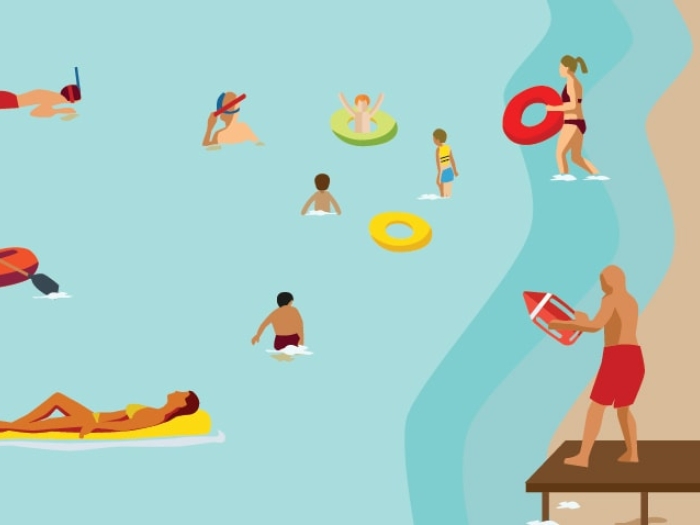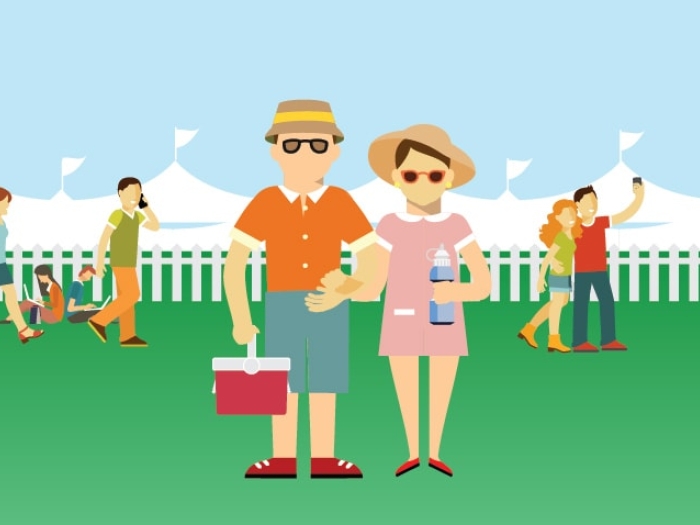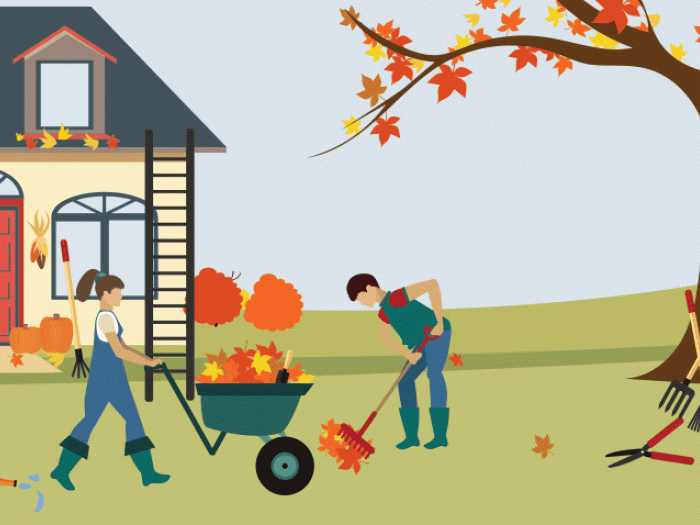Don’t let sharp blades or flying debris dampen your summer with a trip to the emergency room. Follow these safety guidelines instead.
7:00 AM
Author |

One of the realities of warming weather is that lawn care season is now upon us. With the emergence of lawn mowers from storage, however, comes an increase in lawn mower injuries.
MORE FROM MICHIGAN: Sign up for our weekly newsletter
The Consumer Product Safety Commission is a federal agency that tracks injuries from many common household items. In 2015, the most recent year for which data is available, 81,938 Americans visited emergency departments because of lawn mower-related injuries.
Lawn mower blades can spin at rates of thousands of feet per minute, and are capable of inflicting tremendous injury to hands and feet. These high speeds also mean that ejected debris such as rocks and sticks can reach speeds in excess of 100 mph as they leave the machine.
Though many search for novel "hacks" to make things easier, being safe is often a matter of following the instructions and common sense guidelines. By doing so, you can make it through another season without spending any of your summer in the ER because of a preventable injury.
Tips for lawn mower safety
Read the manual. Yes, it's not the most exciting read. Perhaps you don't even know where it is. But with the internet, nearly every manual is just a few clicks away. Find the model number on your machine and search for the instructions online. Spend a few minutes reading the manual. Know how to use the machine safely.
Prepare the space. Winter has a way of relocating large sticks, rocks, holiday decorations and other debris onto the lawn. Walk the lawn quickly before mowing to check for and remove anything that could be struck by the machine and thrown out, potentially injuring the operator or bystanders.
Dress the part. Proper footwear, not bare feet or sandals, is the safest option to limit injury to your feet from thrown objects. Long pants are also recommended to protect your legs. Round out the ensemble with hearing protection for prolonged exposure to the loud engine noise and eye protection to help protect yourself in the event of flying debris.
SEE ALSO: 6 Need-to-Know Safety Tips for Summer Holidays
Ensure safe operation. Most experts recommend that children younger than 12 shouldn't use lawn mowers unsupervised. Children under 16 should not operate a riding lawn mower. Never carry passengers on a riding mower; they can fall off and quickly be run over by the mower.
Beware of burns. Many people don't realize how hot the engine and exhaust can become. Burns are possible if unprotected skin comes into contact with these surfaces for even a short time. Take care when adding fuel that there are no hot surfaces or other ignition sources such as cigarettes that could ignite fuel or vapors.
Keep people clear of running mowers. Not only can spectators be hit by flying debris ejected from a mower, but also, they can be struck by the machine itself. This is especially true for children. There are usually many blind spots while operating a mower. Keep children and others far away.
Handle with care. Keep hands and feet away from the spinning blades. This also means that if mowing on an angle or hill, care should be taken to ensure that the mower does not tip so that it slides and comes into contact with your feet, hands or anyone else.
Keep your fingers out of the machine. This seems like common sense, but nearly every lawn mower injury I have seen began with something like, "I thought I could just reach in there and carefully move that stick, clump of grass, etc., out of the way."
Just don't do it. Shut the machine off before attempting to remove any debris. Even when stopped, use a stick or other tool to remove the obstruction.
Beware of stored energy. Many motorized lawn and garden implements are capable of storing energy, like a coiled spring, in the drive mechanism. Take care that if a lawn mower or similar device suddenly jams and stalls, there may still be stored tension in the machine. Reaching in to remove the obstruction may cause the blades to move again suddenly. That can be enough to cause serious injuries to fingers or anything else that happens to be in the way.
By following these commonsense tips, you can keep yourself and others safe from injury — and enjoy the beautiful summer from outside of the ER.

Explore a variety of healthcare news & stories by visiting the Health Lab home page for more articles.

Department of Communication at Michigan Medicine
Want top health & research news weekly? Sign up for Health Lab’s newsletters today!





